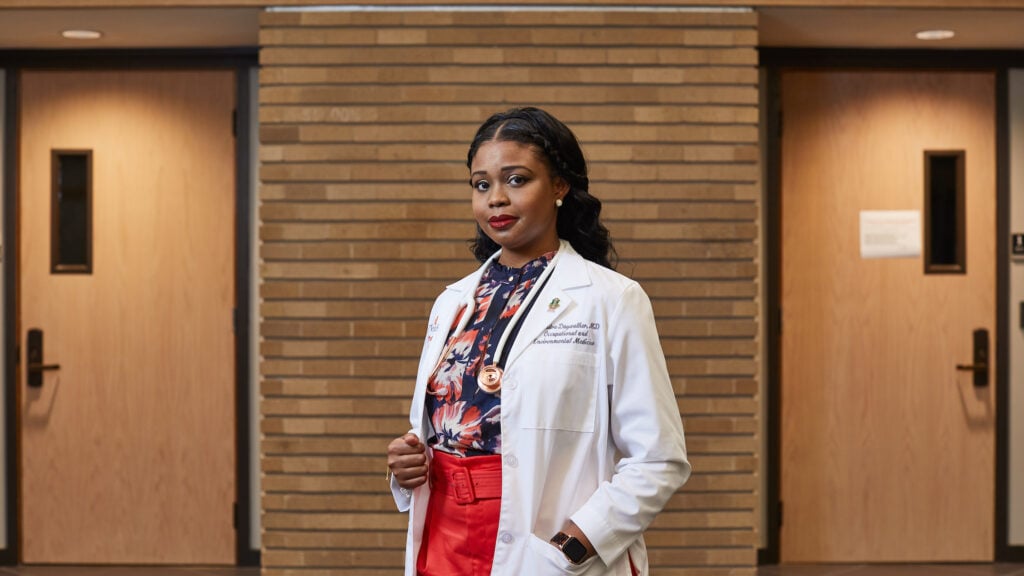- Joined
- Oct 14, 2011
- Messages
- 27,336
- Reaction score
- 19,867
I am strongly convinced that discrimination is one important cause of the higher attrition rate, even if it is not the only factor. Discrimination does not have to be overt like being harassed with racial insults to result in an unfortunate outcome. It can be subtle and difficult to "prove", and that subtle execution can be just as effective.
URMs (and even non-URMs such as Asians) still experience varying degrees of prejudice and negative effects of implicit bias during medical training which can impact attending ratings of trainee performance. See PUBMED ID: 31032666): ("non-URM minority students were more likely than White students (Adjusted Odds Ratio = 0.53), confidence interval [0.36, 0.76], p = .001, to receive a lower category MSPE summary word in analyses adjusting for student demographics (age, gender, maternal education), year, and United States Medical Licensing Examination Step 1 scores. Similarly, in four of six required clerkships, grading disparities (p < .05) were found to favor White students over either URM or non-URM minority students. In all analyses, after accounting for all available confounding variables, grading disparities favored White students.") So even when adjusting for scores, URMs still receive lower evaluations compared to white students. A similar pattern was recently shown for IM residents in their PGY1 and PGY2 years. It is not a stretch to see how such evaluations can ultimately result in a perception of poorer performance, lower ratings, trainee stress, withdrawals, transfers, and even dismissals.
Conversations with high-performing URM attendings indicate that this implicit bias/discrimination is not uncommon. One of my close colleagues (1st gen black immigrant) who finished top 10 in his/her class at a big state school, AOA, 260s boards, high in-training exam scores, etc and is now an attending in a very competitive surgical subspecialty, experienced several episodes of encountering implicit bias, and in some cases outright racism and xenophobia, with one case requiring the involvement of higher authorities at his/her institution. Consistent with what he/she noticed, the OR techs approached my colleague to say that there were some attendings (usually white) who routinely gave more leeway to white residents (compared to URMs) before taking over a surgical case. It is easy to see how this leads to less independence for a trainee and the negative effect this can have on trainee confidence. My colleague approached this problem by being extra-prepared for every case and taking advantage of the good graces of other surgeons who were more willing to teach and allow him/her operate with a longer leash. Now these are all anecdotes, but almost every URM has encountered at least one sour event of implicit bias/prejuduce clearly influenced by race/ethnicity. This also matches my experience as a URM with very strong performance. If this can happen to high-performing URMs, I would expect a higher frequency for average or marginal URMs. It is not a stretch to see how this can contribute to higher rates of attrition.
Just adding (unless you're citing the same study 🙂 )

‘It was stolen from me’: Black doctors are forced out of training programs at far higher rates than white residents
A STAT investigation found that Black residents leave or are terminated from training programs at far higher rates than white residents.
On the medical student side, one can hate the medicine/cure (mandatory training/sessions), but the disease still exists...

Students Who Experience Mistreatment or Discrimination Are More Likely to Leave Medical School
A Yale-led study finds that second-year medical students who experience mistreatment and discrimination have a higher likelihood of leaving school in subsequent

